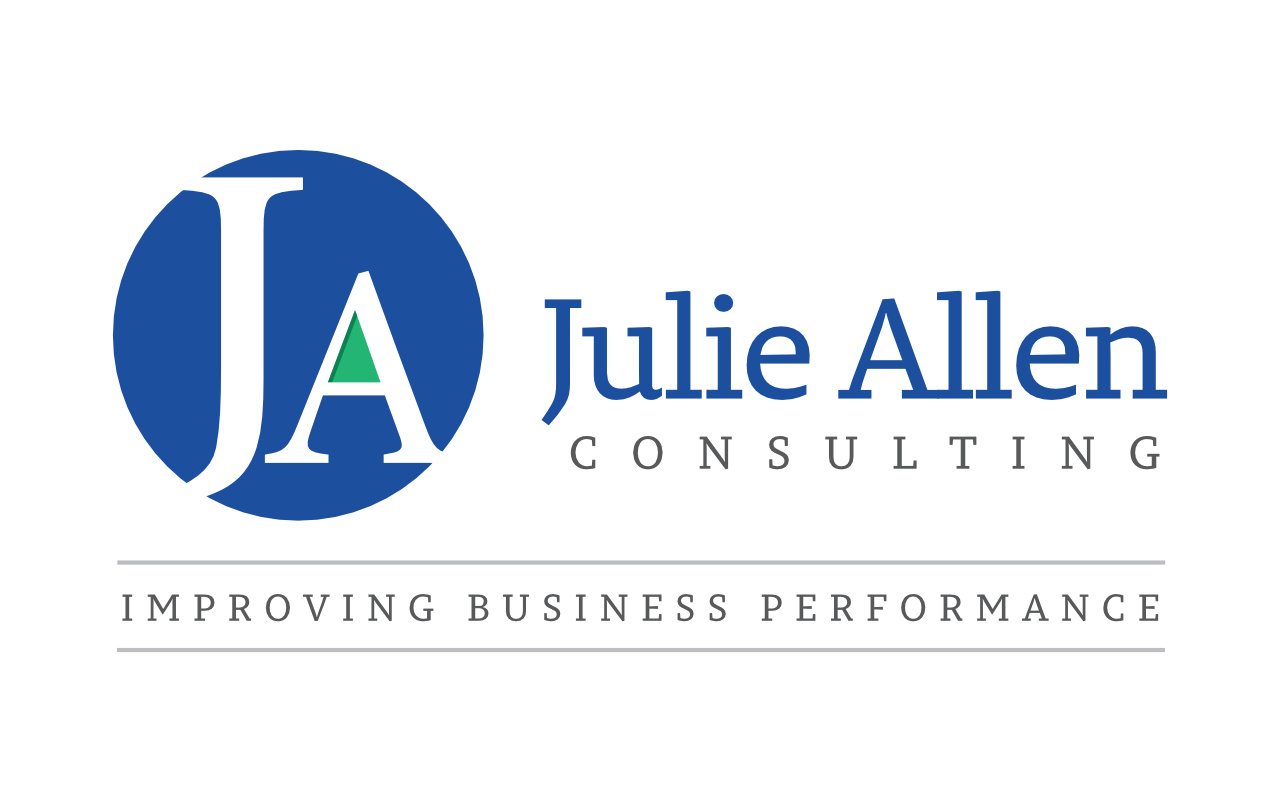Reducing the Risk of Burnout with Psychological Flexibility
Stress Awareness Month has been held every April since 1992 to raise awareness of the causes and cures for our modern stress epidemic.
This year's theme is Community. The Stress Management Society have chosen this theme because "lack of support can cause loneliness and isolation, which in turn lowers people’s wellbeing, impacts mental health and can lead to mental illness. Social isolation is an important risk factor for both deteriorating mental health and suicide. As we emerge from the pandemic, it’s vital that the community support experienced by many people during this challenging time continues. Although restrictions have mainly been lifted, people need support now more than ever as they adjust to a new way of living."
The World Health Organisation define burnout as “syndrome conceptualized as resulting from chronic workplace stress that has not been successfully managed”.
According to Gallup’s 2019 research most full time employees 8 in 10, experience burnout on the job at least sometimes.
Those that say they very often or always experience burnout at work are:
63% more likely take a sick date
1/2 as likely to discuss how to approach performance goals with their manager
23% more likely to visit the emergency room
2.6x as likely to be actively seeking a different job
13% less confident in their performance Stress has become a huge problem.
The Health and Safety Executive report that in the UK :
17.9 million working days were lost due to stress in 2019/20
There were 822,000 cases of work-related stress, depression or anxiety in 2020/21
Stress, depression or anxiety accounted for 50% of all work-related ill health cases in 2020/21
The Chartered Institute of Personnel and Development (CIPD)’s Health and Wellbeing Report 2021 identified the most common causes of stress at Work as:
Workloads / volume of work
Management style
New work related demands or challenges due to home working as a result of COVID-19
Non-work factors - relationships/family
Studies have shown that Acceptance and Commitment Therapy or Training (ACT) is particularly helpful in reducing burnout. By using the ACT Matrix individuals increase their psychological flexibility, a skill that is useful in the face of a crisis or stress.
To help an individual reduce the risk of burnout I share a scientifically proven point of view called the ACT Matrix, created by clinical psychologist Dr. Kevin Polk. During the demonstration I ask the individual four essential questions:
Who is important to you?
What internal unwanted stuff do you experience?
How to you get relief from the unwanted stuff?
What action or behavior would bring you satisfaction in your approach to who is important?
The result being that by the end of this masterclass individuals are more psychological flexible than they were before.
During this 1 hour masterclass I will help you understand:
The stress response and the signs and symptoms of stress and burnout
How psychological flexibility can reduce the effects of stress and burnout..
What attendees said about this masterclass:
“Inspiring.”
“Very Insightful.”
Do you need further help?
If so, I offer a complimentary call to discuss your requirements and how we might work together.
